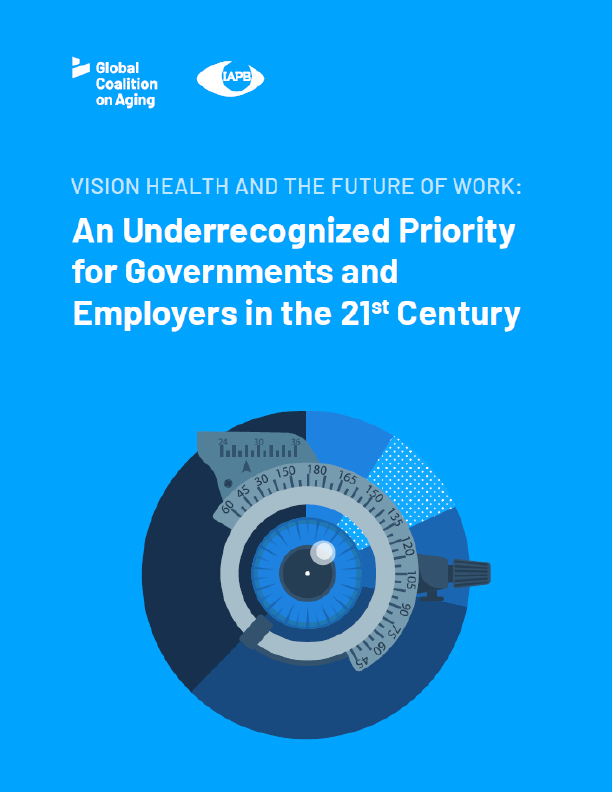Women’s reproductive rights are under attack across the globe. Sophie Cousins investigates the challenges women face in accessing abortion and contraception in two very different countries – India and the USA.
utside, the mid-morning heat is stifling. It’s not humid like the bustling metropolises of Mumbai or Kolkata; here in New Delhi it’s a dry heat, the type of heat that exhausts you, made worse by a thick layer of dust which sticks to your face and stings your eyes.
On the maternity ward inside the hospital at Jamia Hamdard University all the metal gurneys are taken, some with sheets, some without.
Many women are curled up on their sides, their arms embracing the tiny babies they’ve recently given life to. Their mothers and mothers-in-law crowd the otherwise sparse room with laughs of joy and excitement.
A few women, however, are not here to give birth. Vidya*, aged 18, is one of them. She arrived at the hospital yesterday with her mother. She’s two months pregnant, and unmarried – a huge taboo in India.
India legalised abortion in 1971 when it passed the Medical Termination of Pregnancy (MTP) Act, but an abortion can’t be performed solely on the woman’s request. The procedure is allowed if her physical or mental health is under threat or the child that would be born would have “such physical or mental abnormalities as to be seriously handicapped”.
The provision includes women under 18, as long as they have their guardian’s consent, and women made pregnant by rape. A woman doesn’t need the consent of her husband and can legally terminate at up to 20 weeks’ gestation.
One clause, however, is specifically reserved for married women: abortion because of contraceptive failure.
Reference:
- Sarah Hodges edited a 2006 collection of historical essays, Reproductive Health in India: history, politics, controversies.
- The Guttmacher Institute has up-to-date policy analysis on abortion and contraception across the world.
- The results from India’s latest Family Health Survey cover issues from smoking habits to cervical cancer screening rates, as well as contraceptive use.
- Think that men should take more responsibility for family planning? Read these features on the development of the male pill from Mosaic and Bloomberg.











